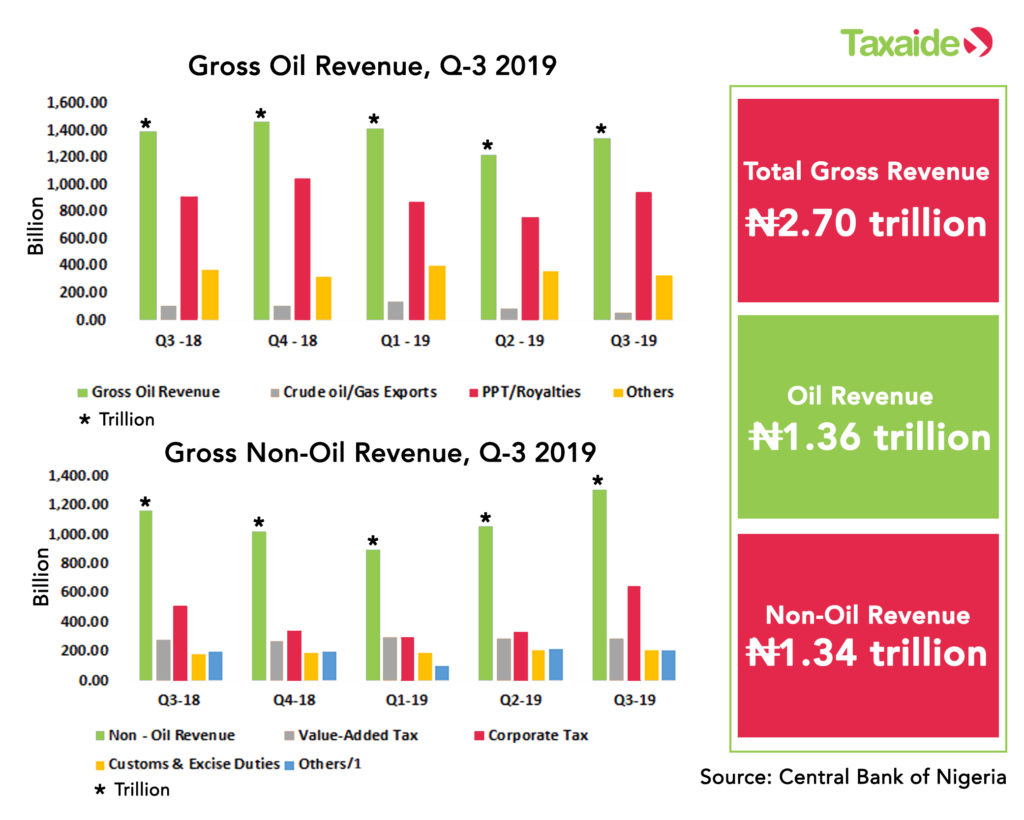
In October 2019, President Muhammadu Buhari submitted the Finance Bill 2019 to the National Assembly. The bill seeks to implement wide fiscal reforms and transform the government approach to tax administration. While some components introduce increments, several others are aimed at reducing taxes, especially for SMEs, thereby stimulating economic activities. We have itemized 18 Nuggets Every SME Must Know + Do
- Small businesses with turnover less than ₦25m will be exempted from CIT,
- Lower CIT rate of 20% will apply to medium-sized companies with turnover between ₦25m and N100m.
- Companies will only be subject to minimum tax at 0.5% of turnover if turnover exceeds ₦25m
- Companies that make CIT payment on or before 90 days from the due date for filing will be entitled to a bonus of 1% (for large companies with turnover greater than N100m) or 2% (for medium-sized companies with turnover between N25m and N100m).
- Small businesses may have to prove to their customers that they do not meet the threshold to avoid withholding tax.
- Commencement and cessation rules have been modified to eliminate overlaps and gaps to avoid double taxation and complication during commencement.
- The restriction of carry forward of tax losses has been amended such that tax losses can be carried forward indefinitely.
- Companies must now pay their CIT liability on or before the due date of filing in one lump sum; or in instalments agreed with the FIRS with the last instalment paid on or before the filing due date.
- The VAT rate to increase from 5% to 7.5%.
- VAT registration threshold of ₦25 million turnover in a calendar year to be introduced.
- Penalties for failure to register will increase to ₦25,000 for the first month of default and ₦20,000 for each subsequent month.
- The meaning of supply and definition of goods and services has been expanded to cover intangible items other than land, among others.
- Remittance of VAT now to be on a cash basis.
- A clear definition of basic food item and definition of exported service as “service rendered within or outside Nigeria by a person resident in Nigeria to a person outside Nigeria.
- Banks to request for Tax Identification Number (TIN) before opening bank accounts, while existing account holders must provide their TIN to continue operating their accounts.
- Stamp duty on bank transfer to apply only on amount from ₦10,000 and above. Transfers between the same owner’s accounts in the same bank also to be exempted.
- The scope for goods subject to excise duties based on the Customs Act now expanded to include “goods imported and those manufactured in Nigeria.
- Under the proposed amendment, the SDA now defines ‘instrument’ to include “every written document including electronic documents”
In the year 1956, just shortly before the Nigerian independence, the Foster-Sutton Commission of inquiry was set up by the colonial government to investigate the then Premier of the Eastern region, Nnamdi Azikiwe, for his involvement in the affairs of the African Continental Bank (ACB).
Under the code of conduct for ministers, a government officer was required to relinquish his holdings in private businesses when he held office. However, the Foster-Sutton tribunal strongly believed that Nnamdi Azikiwe, even as minister, did not sever his holdings in the ACB, and that he continued to use his influence to further the interests of the bank, and in favour of his group of companies.
Indeed, while the case remains one of the leading cases on corruption even in pre-independence Nigeria, one is tempted to classify it among the country’s many corruption schemes perpetuated through beneficial ownership systems.
What Is Beneficial Ownership?
According to the Black’s Law Dictionary, the term ‘Beneficial owner’ is a legal term wherein specific property rights (“use and title”) in equity belong to one person, even though legal title of the property belongs to another person. Accordingly, it always happens where the legal title owner has implied trustee duties to the beneficial owner.
In more contemporary terms, a “beneficial owner” is defined by the Financial Action Task Force (FATF) as referring to natural person(s) who ultimately owns or controls a customer and/or the natural person on whose behalf a transaction is being conducted.
Sectoral distribution of Value Added Tax (VAT) data for Q3 2019 reflected that the sum of N275.12bn was generated as VAT in Q3 2019 as against N311.94bn generated in Q2 2019 and N273.50bn generated in Q3 2018 representing -11.81% decrease Quarter-on-Quarter and 0.59% increase Year-on-Year.
Read More- Did You Know that tax incentives are deductions, exclusions or exemptions from a tax liability offered as an enticement to engage in a specified activity that would benefit the economy of a country in the long run?
- Did You Know that tax incentives are government measures intended to encourage individuals and businesses to either invest money into the economy or save money by reducing the amount of tax they are liable to pay
- Did You Know also knowthat, in Nigeria, there are some incentives on Personal Income Taxes (PIT)?
- The following are the four fundamental facts you need to know about the incentives given for PIT in Nigeria:
The National Bureau of Statistics recently released Q3 2019 reports and I had cause to actually wonder if perhaps we were finally getting something right. The recent border closure and its attendant effects have been met with a lot of reactions from people across all divides in Nigeria. It was a sudden paradigm shift. For once, it was looking like the leadership had finally found the nerve to make certain daring changes and because this wasn’t something we were quite used to, the resulting apprehension was quite understandable in all fairness.
Read MoreTaxation, according to the Business Dictionary is defined as “a means by which governments finance their expenditure by imposing charges on citizens and corporate entities”. The term “taxation” is said to however apply to all involuntary levies, from income to capital gains to estate taxes irrespective of whether they are legal or not.
Read MoreOn July 1, 2019, Nigeria’s Federal Inland Revenue Service (FIRS) made the Income Tax (Common Reporting Standard) Regulations 2019 (the Regulations) to regulate how financial institutions are to report on the accounts maintained by persons that are not tax-resident in Nigeria or the United States of America. In this brief, we itemize 12 things your financial institution should know and do under the Regulations
Read More










